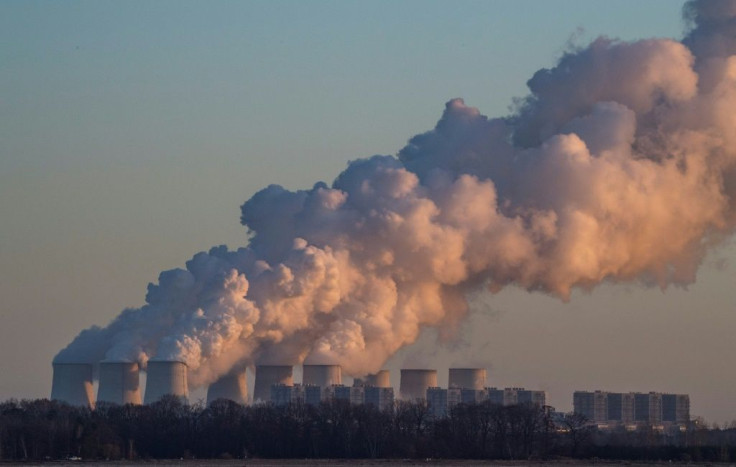Germany Looks To Step Up Coal Exit Timetable

Bowing to public pressure on climate change, Germany on Thursday promised to speed up its exit from coal power generation and to pay operators compensation in a strategy instantly rejected by environmental campaigners.
With the announcement that coals could be history by 2035, instead of 2038 as previously planned, "the exit from coal begins now, and it's binding," Environment Minister Svenja Schulze told reporters in Berlin.
Chancellor Angela Merkel and premiers from the states of Saxony-Anhalt, Saxony, North Rhine-Westphalia and Brandenburg agreed overnight a "shutdown plan" for the country's power plants using the highly polluting fossil fuel.
The scheme will be written into a draft law set to be presented later this month and ratified by mid-2019.
Meanwhile the government will compensate coal plant operators to the tune of 4.35 billion euros ($4.9 billion) for plants set to fall off the grid in the 2020s alone, Finance Minister Olaf Scholz said.
The payouts "will be spread out over the 15 years following the shutdown" and represent an "affordable and in my view good result," Scholz added.
Giant RWE, with its power stations in North Rhine-Westphalia, will take the lion's share at 2.6 billion euros.
But the group complained that was "well below" the 3.5 billion of losses it expects.
Some 3,000 jobs are set to go at the energy firm "in the short term" and 6,000 by 2030, mostly via early retirement, RWE added.
That represents around 60 percent of RWE workers in the especially dirty brown-coal sector and one-quarter of the company's total workforce.
Plans to wind down coal power by 2038 have been in the air since last year, and the three-year cut to the timetable did not impress environmentalists.
"Exiting coal is not a technical challenge, but a question of political will... 2035 is much too late!" tweeted Ende Gelaende, a protest group that has organised multiple occupations of brown coal mines.
Thursday's deal lays out for the first time in detail which brown coal plants will be shut down when, beginning with one operated by RWE near the massive Garzweiler open-pit mine in western Germany.
The plan also provides for an end to the razing of the ancient Hambach forest, which had been threatened by another open-cast project and became a symbol of the anti-coal movement.
RWE said more than half of its 2.1 billion tonnes of coal reserves would now remain buried.
But environmentalist group BUND complained that the government's scheme pushes more closures back beyond 2030, keeping some plants running longer than previously thought.
Activists also highlighted that the latest plan will still allow a newly-built coal power plant in the Rhineland known as Datteln 4 to begin operation.
"It's simply absurd," tweeted Luisa Neubauer, a leading figure of Germany's "Fridays for Future" protest movement.
In coal-mining regions, the state plans an "adjustment fund" for workers in plants and mines to compensate them until 2043.
And the coal zones will receive 40 billion euros in support by 2038.
The task of quitting coal has been complicated by Merkel's decision to end nuclear power generation by 2022.
At one-third of Germany's electricity supply, the fossil fuel is the main backstop to sometimes intermittent current from renewables during the transition period.
A plan agreed in December under pressure from demonstrators calls for Germany to reduce output of greenhouse gases by 55 percent compared with 1990's levels.
The country has already admitted it will miss an intermediate target for 2020.
© Copyright AFP 2024. All rights reserved.





















